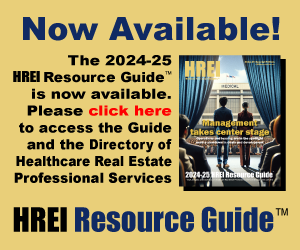HEALTHCARE BUYERS CAN AVOID LEGAL PROBLEMS IF THEY DO THEIR HOMEWORK
By Douglas A. Hastings and David E. Matyas
As Wall Street’s enthusiasm for investing in healthcare organizations continues to swell and as recent state and federal laws and investigations have raised the stakes associated with healthcare entities’ operations, it is more important than ever that attorneys working on healthcare transactions be familiar not only with the general due diligence process but also the regulatory issues related to that particular segment of the healthcare industry.
In simple terms, due diligence is the task of investigating an entity’s operations by:
- identifying risks and problem areas associated with the proposed transaction,
- identifying issues which must be addressed in the definitive closing documents to the transaction,
- furnishing the buyers/investors with a level of comfort regarding the entity’s operations and
- assisting in the evaluation of a proper price and structure for the proposed transaction.
Here are some key components of due diligence.
The full content of this article is only available to paid subscribers. If you are an active subscriber, please log in. To subscribe, please click here: SUBSCRIBE





Comments are closed, but trackbacks and pingbacks are open.